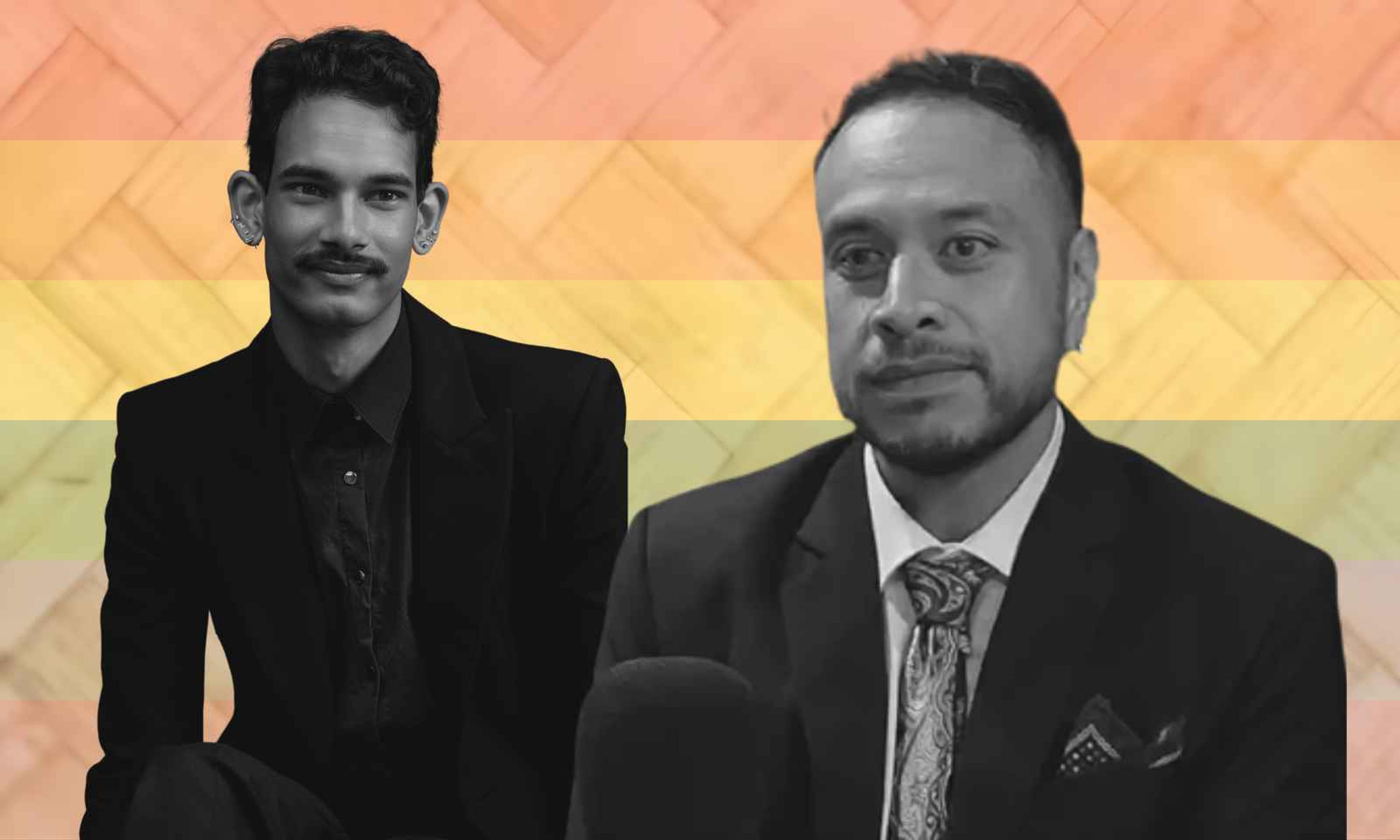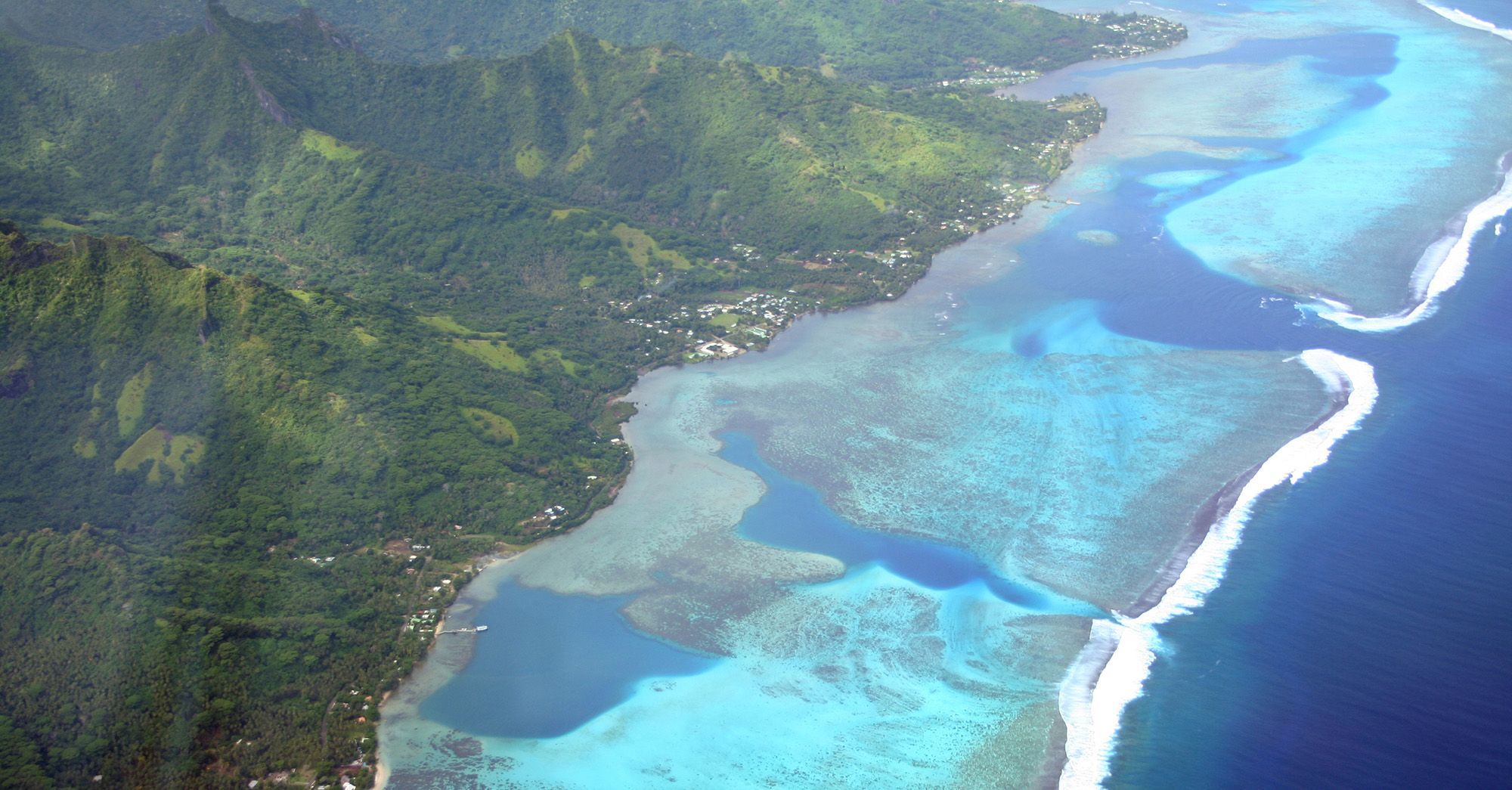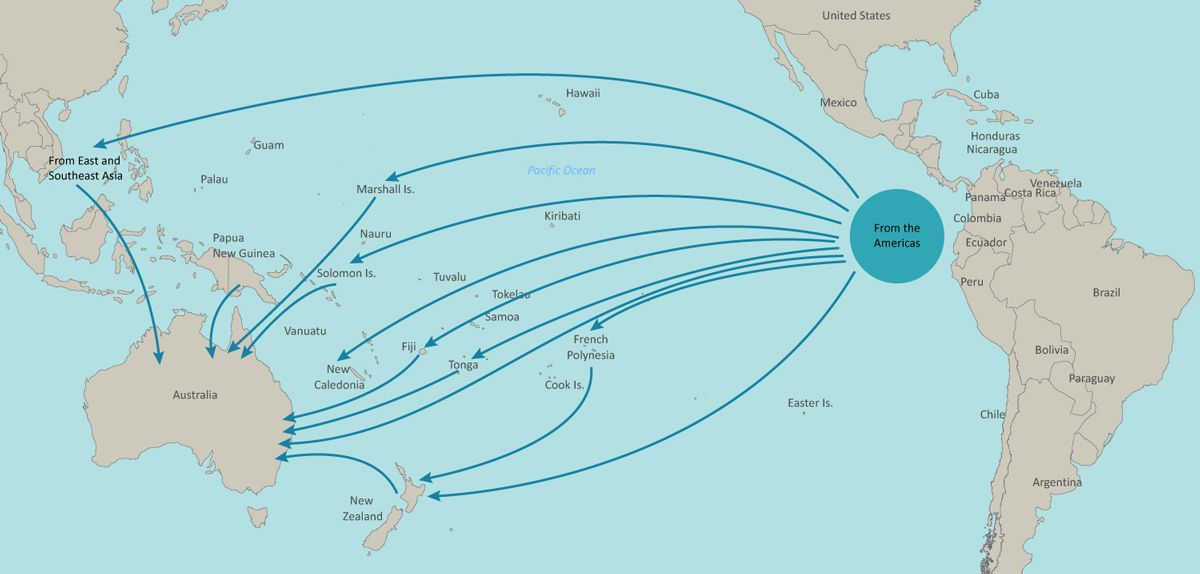

In 2024, Fiji police seized more than four tonnes of methamphetamine in Nadi.
Photo/Fiji Police
Corruption threat grows for the Pacific and New Zealand
Trusted insiders and regional ties make Aotearoa more vulnerable to organised crime, says expert panel chair Steve Symon.



Budget relief buys time for Ōtara-Papatoetoe, but pressures remain


Moana Pasifika end Lautoka curse to win 'Battle of the Pacific'


NZ's Pacific Rainbow+ people are avoiding healthcare after facing discrimination - study

Budget relief buys time for Ōtara-Papatoetoe, but pressures remain


Moana Pasifika end Lautoka curse to win 'Battle of the Pacific'
New Zealand’s vulnerability to corruption linked to organised crime is on the uptick, warns an independent advisory group.
The Ministerial Advisory Group on Transnational, Serious and Organised Crime (TSOC MAG) was established in February by Associate Minister of Police and Minister of Customs, Casey Costello, to review New Zealand’s vulnerabilities to organised crime and corruption.
TSOC MAG provides monthly independent advice to the Government until September 2025. In its March report, Corruption and the Pacific, the group found that organised crime networks increasingly exploit Pacific island nations.
These networks traffick drugs and launder money through the region, where a lack of border integrity, legislative gaps, and inadequate coordination between agencies compound New Zealand’s vulnerabilities.
Speaking to William Terite on Pacific Mornings, Steve Symon, the chair of TSOC MAG, says ports and airports are particularly susceptible to infiltration by “trusted insiders”.
“A trend we see happening all around the world is that organised crime is acting more and more like a business, dealing in an illegal economy and a high-value economy. If I was sending 1 million dollars of anything to Auckland Port, I'd want to make sure that it got there,” Symon says.

Caught in the middle of illicit smuggling routes, the island countries of the Pacific are facing a range of transnational crime threats. Photo/UNODC
“So what they are doing is looking to use people at the ports, trusted insiders, who have access to places where those products come from. A number of people who are in those jobs at our border, working in the Pacific, are not in high-paid jobs and so there's a real risk for them.”
“They're vulnerable because if organised crime comes along and says, ‘for the same money you earn all year, we will pay you that, to turn a blind eye to this package, or open this door, or give us this access card’.”
He says another critical aspect is connection. Organised crime exploits familial relationships and can take advantage of the values and systems within Pacific communities, creating an “expectation” among the vulnerable.
He warns that New Zealand’s naivety around corruption contributes to its unchecked growth, even as the country has historically been viewed as having low corruption levels.

Identified trafficking routes of cocaine impacting the Pacific. Photo/UNODC
According to Transparency International’s latest Corruption Perceptions Index 2024, New Zealand dropped to fourth place, with its score falling from 85 to 83.
Symon says New Zealand plays both a transit and market role in the organised crime ecosystem. Previously, drugs were trafficked through Asia to Australia and New Zealand.
“Now drugs are coming out of South America, through Los Angeles, down through the Pacific,” he says.
“A lot of it is staying in the Pacific, which is terrifying, but the majority of it is destined for Australia or New Zealand. So the Pacific is vulnerable in both ways.”
Watch Steve Symon’s full interview below.
Recommendations for tackling corruption
A key recommendation by TSOC MAG is to introduce a national anti-corruption strategy for New Zealand, aligning it with its Five Eyes partners - Australia, Canada, the United Kingdom, and the United States. Aotearoa is the only member of this multinational intelligence alliance without a national strategy to prevent corruption.
“We need to have that strategy and we need to have one agency accountable so that the public and private business know where to go to, to look for answers, or look for someone to take responsibility for dealing with organised crime,” Symon says. “That agency could then be responsible for making sure we do the most we can in the Pacific.”
He called for collaborative regional action, joint enforcement strategies with Australia, and the secondment of New Zealand police and prosecutors to Pacific jurisdictions.
“What we need to do is go beyond talking about what the problem is and start looking at solutions. That's why I'm sitting in a freezing cold hotel room in Canberra, because we're over here to learn from the Aussies about things that are doing well, things that we’ve been struggling with too, but looking for us to find answers so that we can work together as a team.”